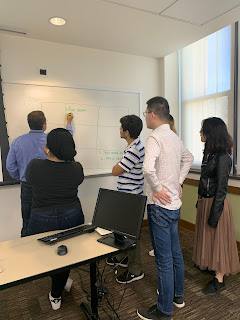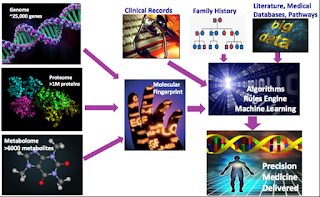Utilization of Health Technology in Addressing Health Disparities

Sherine El-Toukhy, PhD, MA, NIH Distinguished Scholar, National Institute on Minority Health & Health Disparities "Can digital health technologies alleviate health disparities?" was the topic of our special interest group panel discussion at the National Academy of Medicine (NAM) Annual Meeting , organized by Lucile Adams-Campbell , Head of Minority Health and Health Disparities at Georgetown University, at the Academies yesterday - a rainy Sunday afternoon..perfect weather for some hot tea and a thoughtful discussion. The AHRQ publishes the National Healthcare Quality and Disparities Report annually to assess the performance of our healthcare system and disparities based on measures of quality and access. The report summarized that over 50% of measures that assessed access to healthcare from 2000 to 2017 showed improvement; 33% did not change and 14% showed worsening. Quality of care improved overall but pace of improvement varied with only 1/3rd of care...




